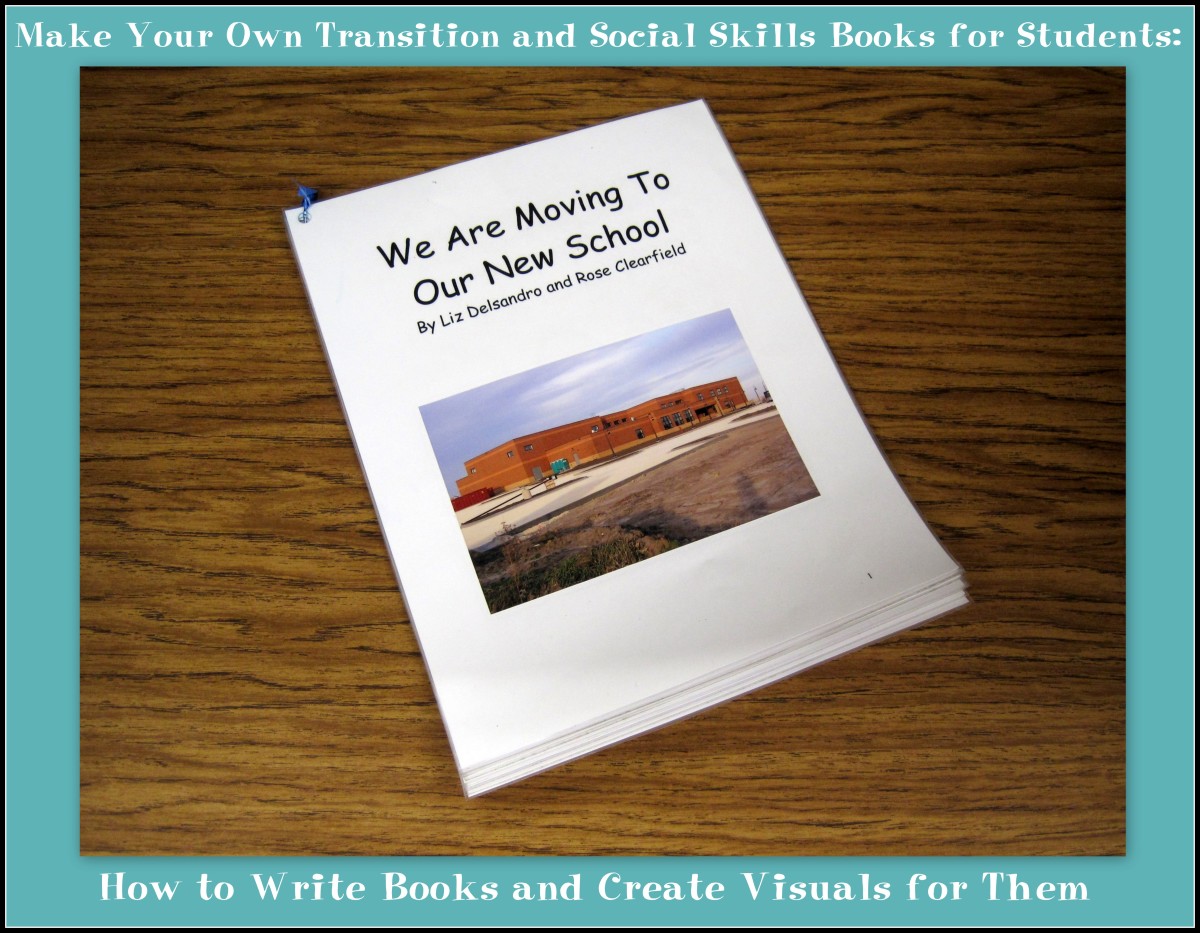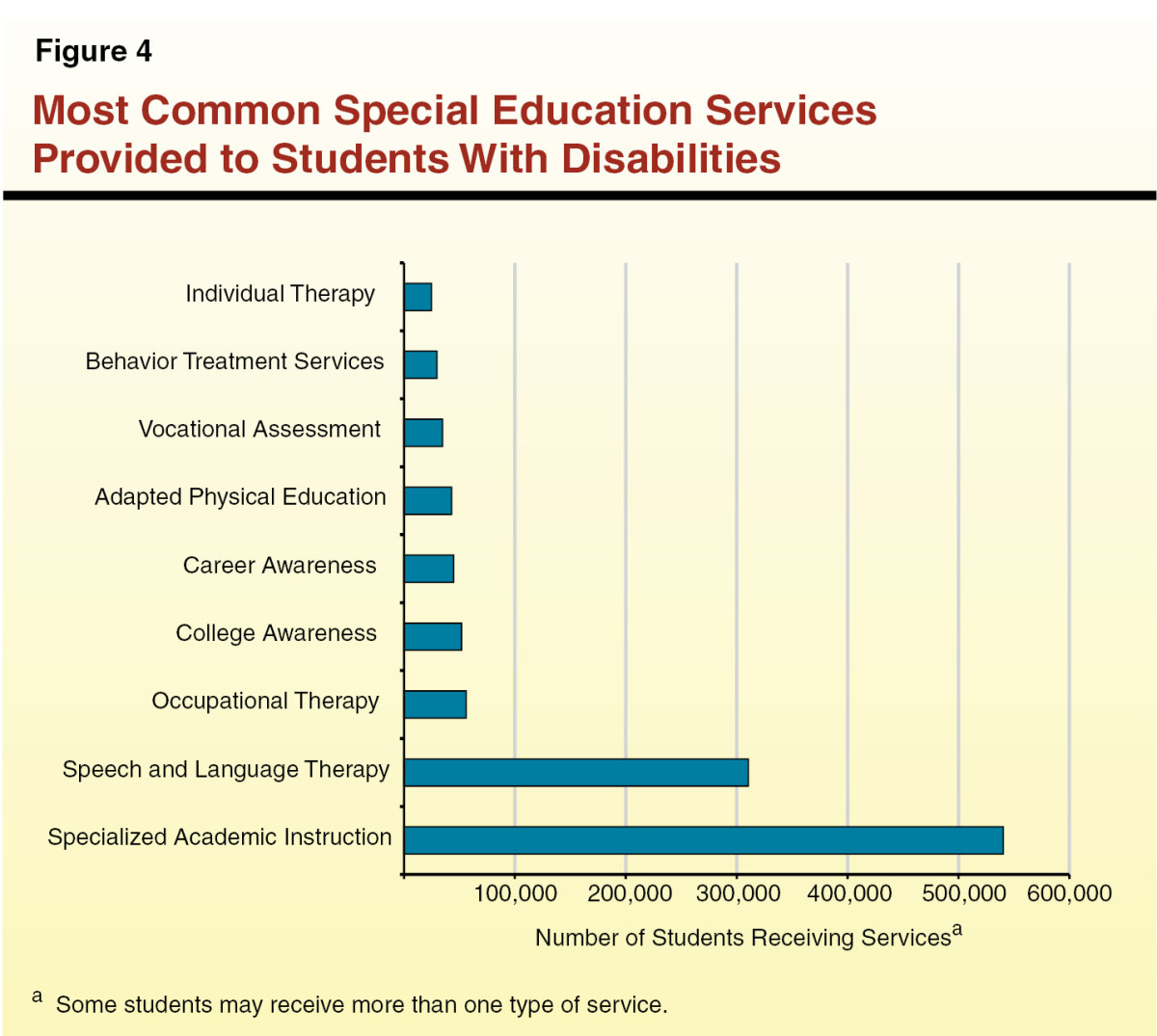Tips on Transitioning Academically to College

Every year, many of the hundreds of thousands of students pouring into colleges across America are academically under-prepared. Why is this occurring? Why do certain students easily transition while others fail? It could be due to a large number of reasons ranging from a lack of financial resources, prior educational experiences, cultural attitudes, individual motivation and execution, a lack of understanding of and preparation for the rigor of college courses or a combination of these and other factors.
While each individual’s transition to their higher education pursuits will differ, I am sharing my experiences and ideas to focus on addressing the difficulty of integrating into a high-caliber academic environment from a public high school.
High School Preparation
Integration preparation starts in high school and possibly earlier. Three key experiences during my journey, occurring during and shortly after high school, helped facilitate my transition from a public high school to college: Advance Placement (“AP”) classes, Upward Bound and Summer Bridge.
AP Classes
Generally, AP classes are challenging and demanding. In my AP classes, we sharpened our intellectual abilities by thinking critically, solving problems, discussing topics, reading and writing. Throughout my experience at college, I was constantly challenged academically by a rigorous curriculum and stimulating faculty. Taking AP classes in high school, especially during my senior year, seemingly helped prepare me for college-level classes. Also, I earned college credit after passing AP exams (I would recommend taking these exams seriously as passing with a certain grade will likely save you time and money down the road.) Additionally, from my experience, the AP exams took place in a large auditorium filled with hundreds of students from different high schools. Countless of my college exams took place in a large auditorium so the exam setting was slightly more familiar due to taking AP exams. I studied hard, participated and fine-tuned skills during AP (and Honors) classes. That effort went a long way in the future.
Upward Bound
Upward Bound provides fundamental support to participants in their preparation for college entrance. I come from a low-income family where neither of my parents obtained a bachelor’s degree so living at a nearby college campus in the dorms for a summer while taking math and literature based classes with students from different high schools was a phenomenally enriching experience. Participants took an SAT preparation course and had mentors, experiences I would not have had otherwise. I gained academic and social exposure preparing me for my freshman year experience once at college while making a lot of great friends and memories in the process.
Summer Bridge
My college required me to participate in a Summer Bridge program as an entering undergraduate. This rigorous six-week residential program introduced the rigor and skills necessary to succeed at a highly selective college. Courses were taught by university professors and teaching assistants. The program provided tutoring from undergraduate and graduate students which was imperative to my success. The amount of individual and group studying, class participation, note taking, tutoring sessions, review sessions and academic rigor of my fellow “summer bridgees” was more than I initially expected. In addition to getting to know my new surroundings, I met my future freshman year dorm roommates and built valuable connections across the campus to help navigate my path towards academic excellence. If possible, I would recommend participating in this program.
Last, I am sharing a few principles that I think will be useful. Allocate a bit of time to 1) reading books 2) developing your curiosity and 3) thinking critically. It would be wise to allocate a bit of time reading and talking to others about different subjects to help explore potential future majors, careers and start-up companies. Also, as Steve Jobs famously said, "don't be trapped by dogma - which is living with the results of other people’s thinking." Consider sacrificing short-term benefits for the long-term and thinking for yourself during this pivotal moment.
We've covered helpful areas in the beginning of my higher education transition. Now, below are college tips and ideas to help alleviate being academically under-prepared.
College Preparation
Leveraging Resources
Do your college courses require written papers to be submitted during the semester (or quarter) or as a final exam? First, I do not recommend writing your paper in one night or even a couple nights before submitting it. The best papers I have read or produced were researched at the college's library or with online resources (Research universities typically have access to a nexus of online resources that is available for free to active students) and developed over time with the help of others. My college's student learning center offered quantitative and writing tutoring. Writing tutoring was invaluable to me as, for instance, it gave me a chance to step back from researching and drafting papers, and instead convey my ideas logically to someone else. Also, I learned a lot from the tutor’s suggestions. Check if your college offers this type of assistance and take advantage of it. You can also ask a friend or colleague to review papers before submitting them for any last-minute corrections that may have been missed. Using this approach, I immediately saw the difference in the quality of paper that I was submitting and was developing a work product that I was proud of. Due to the extra effort I was putting in, the end result was a higher overall GPA.
You are quite possibly the greatest resource. What if you read ahead a bit of the assigned class reading. It's probable that the upcoming lectures will then reinforce what you taught yourself rather than learning it for the first time, increasing your confidence and awareness. College is a great time to express your intellectual capacity and interest.
Incorporating Faculty
Is participation graded as a percentage of the overall course grade in your college courses? Beyond speaking up in class, there are many ways to show your Graduate Student Instructor (“GSI”) or Teaching Assistant and Professor that you are dialed in. First, consider attending the GSI’s office hours and coming prepared with questions. The questions could be related to a topic you are having trouble understanding, homework problems you could not solve, or to seek help with developing a paper topic. It is up to you. Second, GSI’s typically have completed the undergraduate year you are in and you will learn a lot from spending time with them whether it be listening to their answers from other student’s questions or asking for advice as a college entrant. Third, consider asking if your GSI will look at a draft paper prior to submitting it. Seemingly, it is hard for the GSI to give you a poor grade if you implement their constructive criticism successfully.
Similarly, build a positive rapport with the Professors. You may take a couple upper division courses with the same Professor and you never know when you will need a letter of recommendation from someone who can speak to their academic experience of working with you.
Beyond that, I sometimes setup feedback meetings with my GSI about half-way through the course to see if there is anything I could be doing to improve. To me, this meeting showed that I cared about my grade and was willing to work hard to achieve good grades. While your goal should not be for every GSI and Professor to remember your face and name, it cannot hurt getting to know certain faculty members and asking great questions.
Integrating into the New Environment
Does your college offer scholar programs, academic advising or student support services? If possible, apply to the program(s) that interest you as they will often provide financial and academic support including providing an academic adviser, workshops, study groups or presentations that will benefit your academic career in the long-run. Scholars programs not only helped reduce the cost of college, I was assigned an academic adviser who helped me prepare for finals. I would sit down with my academic adviser to go over my calendar of final exam deadlines. We mapped success by determining the timing of the smaller goals to accomplish the larger goals. I felt a lot less stressed after talking it through with her. Developing a plan to execute was crucial for success during final exams and it was helpful to get a second-opinion during tight deadlines.
Additionally, while checking out on-campus organizations and events that interest you may seem like obvious advice, I gained new opportunities I would not have had I not shown interest. For instance, I was awarded a scholarship to attend a national convention in Houston, Texas, after my freshman year due to my involvement with an on-campus business association. Being open to opportunities and getting to know fellow students will go a long way towards helping you integrate into your new environment. That being said, take precaution in prioritizing your social life at the expense of your academic success.
Planning Ahead
Do you have a major and overall course schedule yet? Planning ahead helps ensure that you make the most of your college experience for several reasons. First, having a plan and executing will help facilitate graduating on time. Second, you will be able to incorporate other experiences into your schedule such as spending a semester or two studying abroad or taking an interesting elective while meeting your major or double major’s requirements. Third, you might as well tailor the educational experience and make it as best as possible (whatever that means to you). For instance, reading professor ratings websites, such as ratemyprofessors.com or uloop.com, helped me gain an understanding of what to expect from certain professors and enroll in courses I thought I would benefit the most from. Also, consider taking courses with colleagues, friends or roommates to form study groups and the list goes on.
Overall, I have learned that: 1) there are many people and organizations that are willing to help you succeed if you are willing to reach out for help, 2) college is a constant learning experience. I will always be a student, and 3) real effort and hard work are directly correlated to your academic success.
What questions do you have on transitioning academically to college? Add them in the comment section below and I will do my best to help answer them.
Also, feel free to add any tips that you have learned in the comment section below. Study hard!







